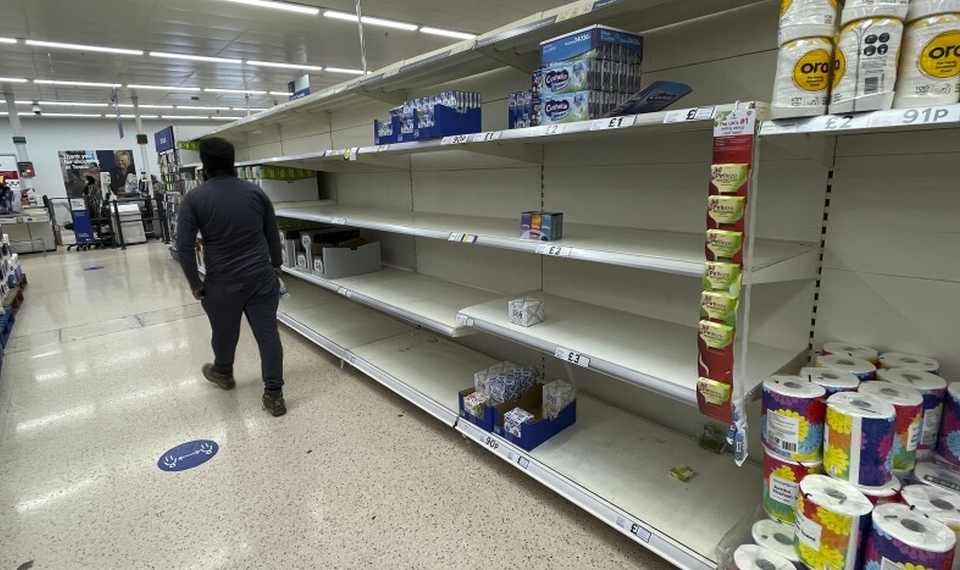Blackstone CEO warns: ‘A real shortage of energy’ and ‘high energy prices will likely cause social unrest around the world’ as renewable energy fails to meet rising energy demands

As we reported yesterday, many countries are now turning back to coal as renewables fail to meet the increasing energy demands, causing skyrocketing electricity prices in Europe and blackouts in countries like China and Lebanon. Now, it appears the energy crisis is about to spread to the rest of the world.
On Tuesday, Blackstone CEO Stephen Schwarzman warned that high energy prices will likely set off social unrest around the world. At a conference in Saudi Arabia, the private-equity billionaire told CNN International’s Richard Quest that, “We’re going to end up with a real shortage of energy. And when you have a shortage, it’s going to cost more. And it’s probably going to cost a lot more.”
According to Schwarzman, we will soon see “very unhappy people” all over the globe. When the power goes out, people are not going to be happy. And people are really not going to be happy if it goes out for an extended period of time.
“You’re going to get very unhappy people around the world in the emerging markets in particular but in the developed world,” Schwarzman said at the Future Investment Initiative. “What happens then, Richard, is you’ve got real unrest. This challenges the political system and it’s all utterly unnecessary.”
The ongoing problem is caused by global policymakers, who have turned against the fossil fuel industry as part of the transition to renewable energy sources. However, over 80% of global energy still comes from fossil fuels despite trillion dollars investments in renewable energy, which after over $3 trillion was invested in renewable energy sources including solar, winds, hydropower, and battery storage.
A landmark report finds that a staggering 84% of global primary energy consumption in 2019 was still produced by the burning of fossil fuels, with oil being the single biggest contributor at 33%, followed by coal and natural gas at 27% and 24.3% respectively.
For the first time in seven years, the US oil prices climbed above $85 a barrel on Monday. Gas prices continue to creep higher, nearing $3.40 a gallon nationally, according to AAA. Natural gas prices have likewise skyrocketed, especially in Europe and Asia, prompting the shutdown of factories.
Schwarzman said part of the problem is that it’s getting harder and harder for fossil fuel companies to borrow money to fund their expensive production activities, especially in the United States. And without new production, supply won’t keep up.
“If you try and raise money to drill holes, it’s almost impossible to get that money,” Schwarzman said, adding that this is happening on an “extremely wide-scale basis.”
Schwarzman called on governments to agree on the rules of the road so society can successfully get through the energy transition. “There’s unanimity something should be done, but how you get from where we are today to a green world is utterly undefined,” he said.
Unfortunately, Schwarzman is right. The energy crisis is adding to the inflationary pressures as the world economy recovers from the pandemic. That’s not all. gas prices are costing consumers more at the pump. The government recently projected that home heating costs will rise sharply this winter as well. Thousands of businesses are also affected by soaring energy prices.
BlackRock CEO Larry Fink also confirmed the point we made above. He said one of the problems is that policymakers are moving more aggressively to curb fossil fuels supply than demand.
“Short-term policies related to environmentalism in terms of restricting the supply of hydrocarbons has created energy inflation, and we’re going to be living with that for some time,” Fink said at the conference.

